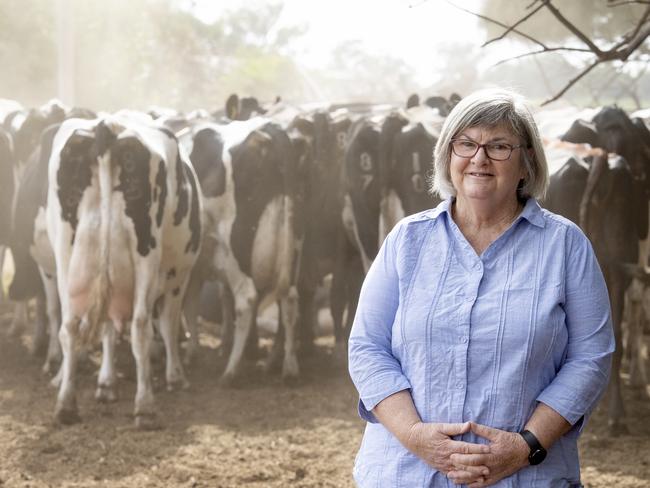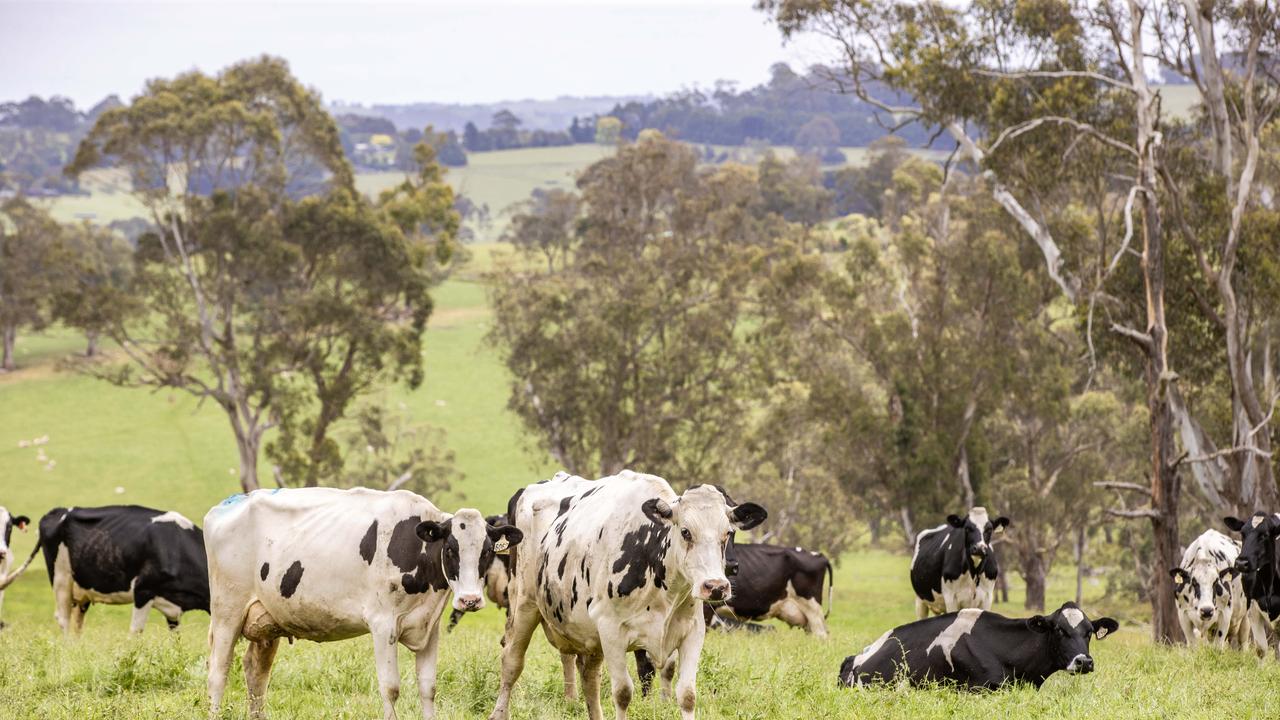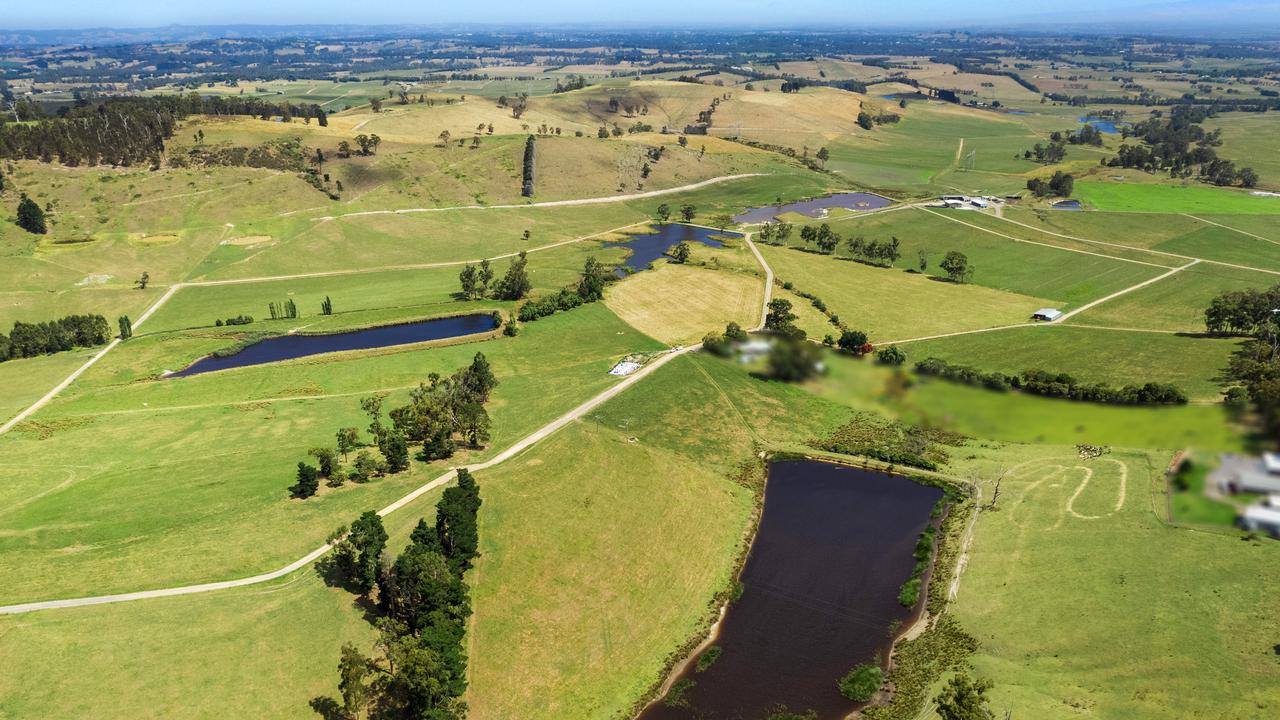Ann Gardiner says clawback altered Australian dairy’s future
Australia’s milk pool is stabilising - but Goulburn Valley farmer Ann Gardiner says issues facing dairy farmers are a “freight train that’s been coming at the industry for a while”.
Diagnosing Australian dairy’s milk malaise isn’t down to one factor, Ann Gardiner says.
The Goulburn Valley farmer says it's a multitude of issues causing the national milk pool to settle at a three-decade low.
Last week, fresh Dairy Australia figures predicted the national output would clock in at 8.2 billion litres by June 30, one of the lowest results since the early 1990s recession.
Mrs Gardiner said rising input costs, uncertainty over Murray-Darling Basin policy, changing demographics and labour shortages all played a part in the sluggish result.
“It’s a freight train that’s been coming at the industry for a while,” the Bamawm farmer says.
“Generational change is playing a part. If you’re in your early 60s, they’re saying: ‘You know what? I‘m sick of working seven days a week’ and they’re selling their land and water or they’re hanging onto their land and going into beef.
“Beef and grain farmers have certainly come in and bought a few farms around us. You generally don’t have the same electricity costs, or the same fuel costs, or the same labour costs in beef especially as you do in dairy.”

The 2016 clawback by Fonterra and Murray Goulburn and the years-long price crunch saw farmgate figures dipping below $5 per kilo milk solids.
Now that prices are nearly double those 2016 lows, Mrs Gardiner says there’s a simplified notion from those outside the sector that dairy must be peaches and cream.
“For the next generation, they’ve seen the clawback not that long ago and that has influenced many not to go into dairy,” the Dairy Farmers of Victoria committee member said.
“2016 just showed people that yes, we can do other things. In the past, you just sucked it up and milked cows at a loss but after that year, people feeled used and abused by the processors.
“It’s still mentioned in conversation to this day — it did enormous damage to the farmer-processor relationship that still hasn’t healed. That’s why the mandatory dairy code has been so important for the sustainability of dairy farming.”
The Australian Dairy Products Federation has pushed for changes to the federal code, which was implemented in July 2020.
ADPF executive officer Janine Waller said last month that locking in processors for a full season was damaging the dairy manufacturing sector.
“Australia’s dairy code of conduct requires dairy processors to announce farmgate milk
prices by June 1 each year, for the 13 months ahead,” Ms Waller said.
“Unlike New Zealand and other competing nations, this requirement is unique to Australia.
“It is further exacerbating the risk and volatility processors need to navigate in a market
where the current cost of dairy products is not competitive with imports.”
Dairy Farmers of Victoria president Mark Billing said the mandatory code gave processors the option of leading with whatever price they chose.
He said the processors knew at the time they were locking themselves into high farmgate figures.
“There’s strong support for the code from most, if not nearly all, farmers,” Mr Billing said.
“Before the code, all the financial risk was on the farmer and now there’s some balance.”





